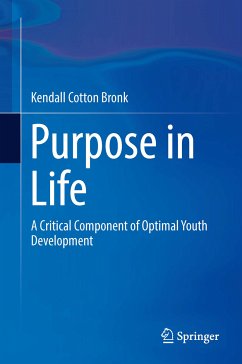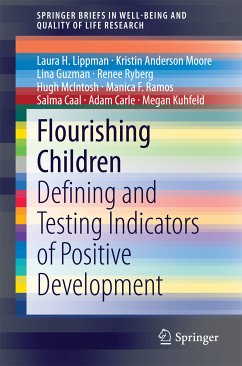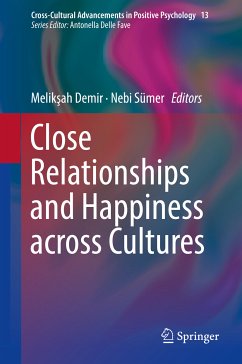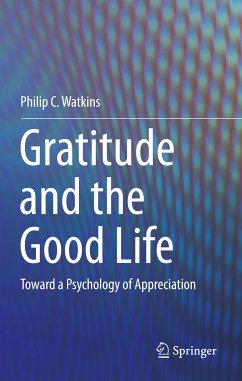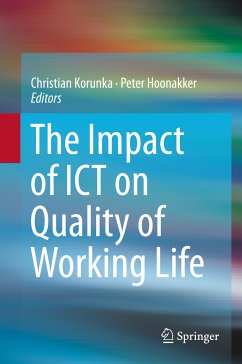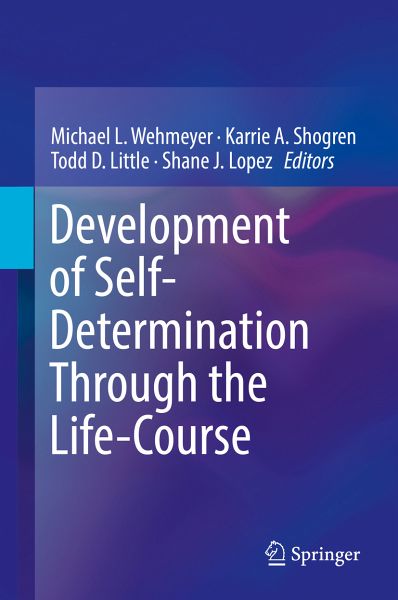
Development of Self-Determination Through the Life-Course (eBook, PDF)
Versandkostenfrei!
Sofort per Download lieferbar
136,95 €
inkl. MwSt.
Weitere Ausgaben:

PAYBACK Punkte
68 °P sammeln!
This volume examines the developmental aspects of the general psychological construct of self-determination. The term refers to self- (vs. other-) caused action-to people acting volitionally-as based on their own will. Research conducted in the fields of psychology and education shows the importance of self-determination to adolescent development and positive adult outcomes. The first part of this volume presents an overview of theories and historical antecedents of the construct. It looks at the role of self-determination in major theories of human agentic behavior and of adolescent developme...
This volume examines the developmental aspects of the general psychological construct of self-determination. The term refers to self- (vs. other-) caused action-to people acting volitionally-as based on their own will. Research conducted in the fields of psychology and education shows the importance of self-determination to adolescent development and positive adult outcomes. The first part of this volume presents an overview of theories and historical antecedents of the construct. It looks at the role of self-determination in major theories of human agentic behavior and of adolescent development and individuation. The second part of the volume examines the developmental origins and the trajectory of self-determination in childhood, adolescence, and adulthood, and looks as aging aspects. The next part presents studies on the evolutionary aspects, individual differences and healthy psychological development. The last part of the book covers the development of causal and agentic capability.
Dieser Download kann aus rechtlichen Gründen nur mit Rechnungsadresse in A, B, BG, CY, CZ, D, DK, EW, E, FIN, F, GR, HR, H, IRL, I, LT, L, LR, M, NL, PL, P, R, S, SLO, SK ausgeliefert werden.



